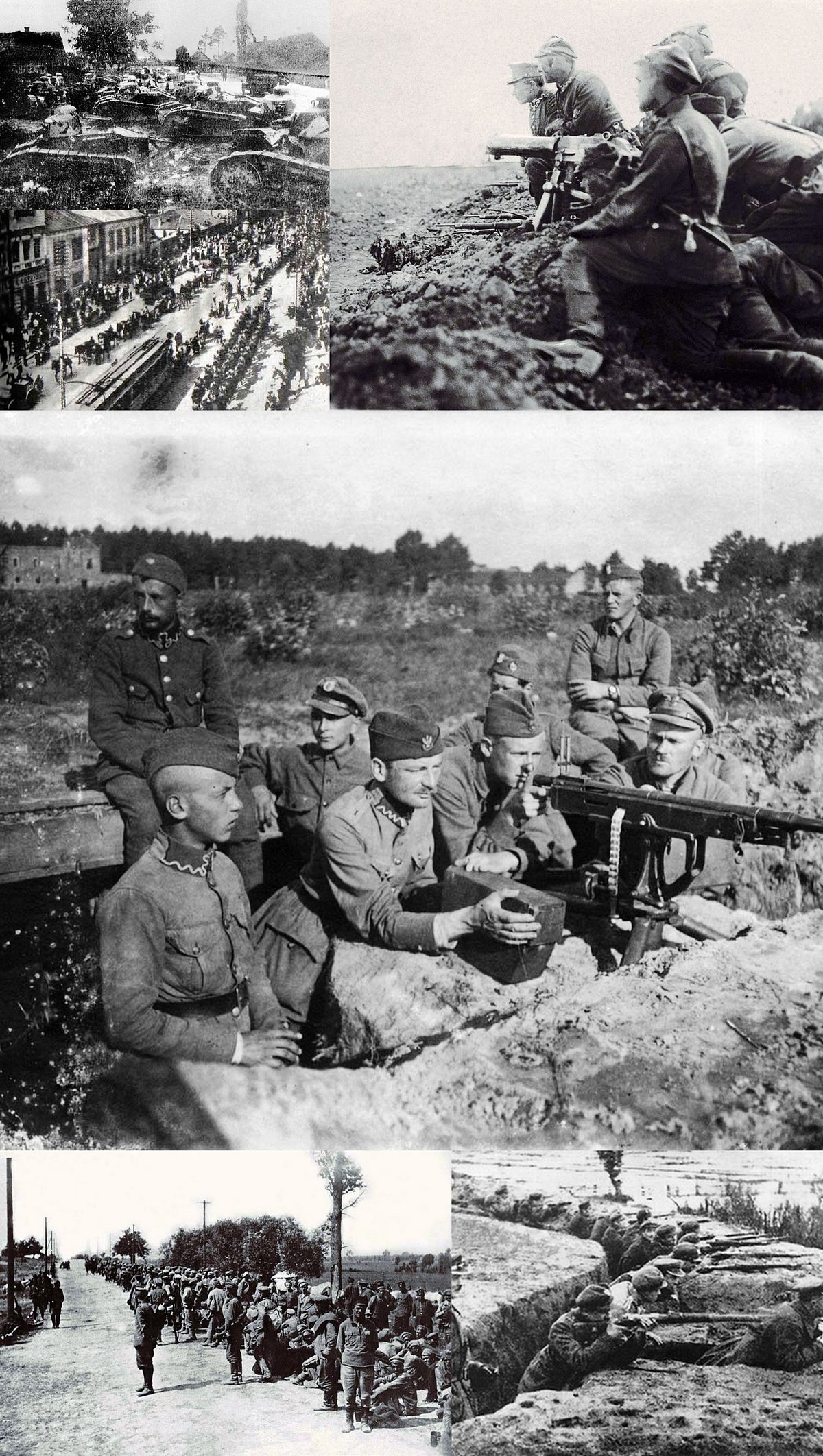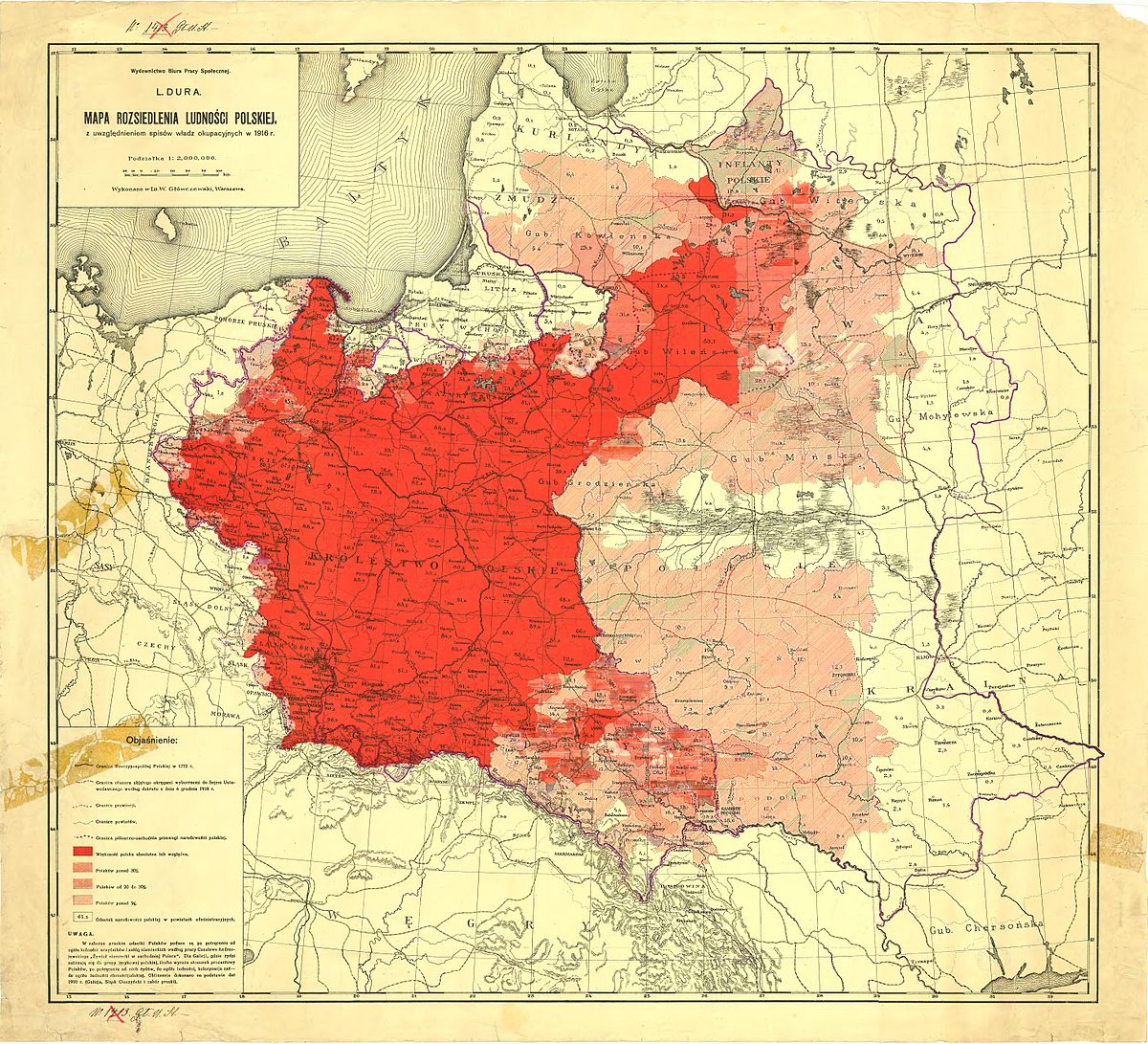sillygoose
Well-known member
Thanks
Not necessarily. The problem was FDR got involved behind the scenes and forced Chamberlain to take a hardline stance beyond even what public pressure had required as well as convincing the Poles that the US would be behind them, so Germany simply could not win and Poland would get more German territory and they could push out the German minority during the war.Also, territorial revisions would not have been possible without a new war with Poland, especially when they would have involved sovereign Polish territory like Weimar (unlike Hitler) wanted. And West Germany also kept the door open to territorial revision in the 1949-1990 time period but ultimately it didn't go anywhere other than German unification because no one else would actually support them in this.
West Germany's position on the eastern border was a function of trying not to alienate the expellees and lose their votes; Adenauer admitted privately that the border was never going to change and it was a pointless policy beyond the domestic politics angle.
According to this the British viewed the Corridor as a subject for revision 10 years out from the treaty, which the Lacarno treatie were a step towards:FWIW, you're right. We don't know how a plebiscite in West Prussia would have turned out. But since France insisted on not holding a plebiscite in Alsace-Lorraine, it would have been unfair to expect Poland to agree to hold a plebiscite in the Polish Corridor, which was Polish for three centuries prior to the late 18th century Polish partitions. Had a plebiscite been held in Alsace-Lorraine, well, a plebiscite could have also been held in the Polish Corridor. Though the question would be whether recent German settlers would/should be allowed to vote in it. But AFAIK Weimar Germany never insisted on a plebiscite in the Polish Corridor--it simply demanded its automatic return. And TBF, Hitler wasn't always willing to play the plebiscite game either: He insisted on the Sudetenland's return without a plebiscite.
Anna M
acienciala.ku.edu
As to the lack of plebiscites for the corridor:Pomorze or the "Corridor" with its predominantly Polish population, was to go to Poland. Most British statesmen, aware of German resentment against the separation of East Prussia from Germany, looked on the Danzig-Pomorze compromise as a temporary arrangement, expecting a revision in Germany’s favor within 10 years or so.
I think that was in part because of the favortism the Allies were showing to Poland in the treaty, which would mean there would be the chance the vote would be set up in such a way as to give Poland the win. That and not realizing the non-German (specifically Masurians and Szlonzoks) population would be more interested in staying in Germany in certain cases. Later of course a new government, which apparently did not know about the position of the 1919 government, brought up the issue of the lack of plebiscites.In April 1919, the German Cabinet decided not to request plebiscites in the Polish Corridor, Prussian Poland and Upper Silesia for fear of losing the vote. However, later German governments accused the Western Powers of injustice in not holding plebiscites in all the territories lost by Germany.
Hitler did do a plebiscite in Austria. He treated the election of Heinlein by overwhelming majorities as the plebiscite in the Sudetenland. Also there was no demand on the Corridor by Hitler other than the extraterritorial connection, which only came up once Poland started shutting down lines to the Germans to put pressure on Danzig and East Prussia; he didn't ask for any territory in the Corridor otherwise despite being within his rights under the Lacarno treaties to do so.
That should have been written into the treaty with a provision to keep Polish rights to trade out of the port; from what I've been able to find the Germans couldn't deny the Poles use of the port anyway, since the economy of the city depended on Polish trade through the port. Germany couldn't afford to pay for all the lost business in the city.FWIW, I think that the best compromise over Danzig would have been a free city for 20 or 30 years until Poland can build its own port at Gdynia followed by Danzig's return to Germany. Honestly, if I was in charge of Poland in 1939, I'd have agreed to negotiate the return of Danzig but not the Polish Corridor to Germany, though I would approve of an extraterritorial German road through the Polish Corridor. But anyway, this isn't about what I would have done but rather about what the Polish leadership in 1939 would have done in this TL. Would the Poles have decided to close the Danzig issue for good, perhaps in exchange for German promises of territorial gains in the East in the future? Or would the Poles have preferred to bide their time and to risk war over this issue, with the hope of getting not only Danzig, but also some other German territories after the end of this war, as was indeed the case in real life?
The reason the Polish government put the kibosh on Beck's efforts to work out a deal seems to have been largely fears of how the public would react to any deal since they considered the port symbolic of Poland's standing in the world; for the government to give it up would be admitting weakness. Like Germany Poland too was hamstrung by the will of the public in terms of making deals over what seems obvious to us today. Plus the Polish public also had the memory of defeating Russia in 1920 in mind, views of how strong their allies were, unreasonable trust in Stalin to uphold the nonaggression pact, and an overinflated sense of their military strength based on propaganda by the dictatorship of colonels.
Hitler did offer the Poles territory in Ukraine for Danzig as well as the extraterritorial RR/road and Polish entry into the anti-comintern pact among other offers (recognizing the borders as set, a 25 year nonaggression pact), but was turned down due to the Polish policy of maintaining a 'third way' in the East between Germany and the USSR; that of course was a pipedream as no one in the region really wanted to work with Poland after their Czechoslovakia actions.
Well ITTL if Poland is defeated in 1920 then they wouldn't be a country, so what they'd do in 1939 is moot.









